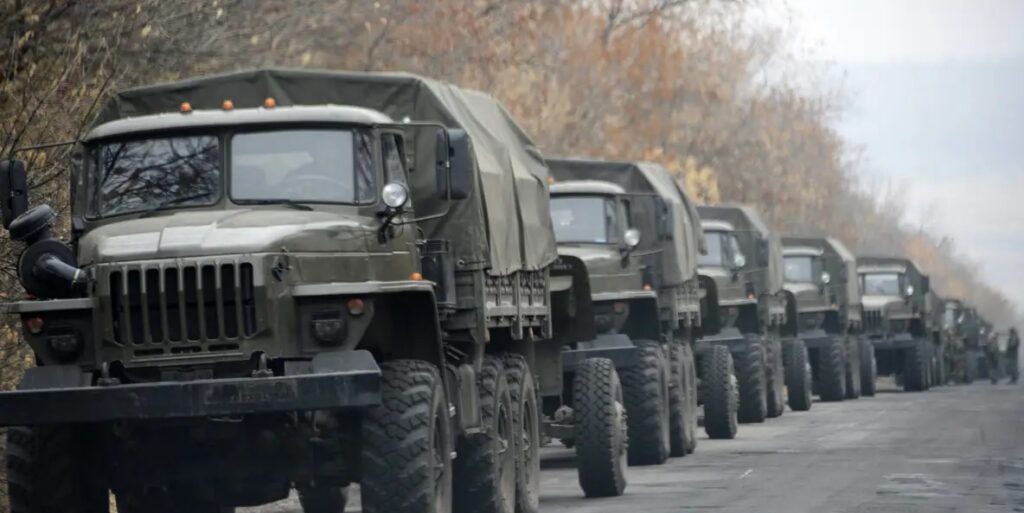It’s a bold step to claim to draw lessons from a war is that is not yet a month old, where the outcome is very far from clear, and the impact on the world in terms of economic disruption and political destabilisation way beyond the immediate geographic scope of the conflict.
This Russian invasion of Ukraine has so far been consistent with two of the great aphorisms about war. The failure of the Russian army in its assault on Kiev perfectly demonstrates that “no plan survives contact with the enemy”[1]. And the information coming from all sides, some understandable propaganda and disinformation, some amounting to exceptional self-deception, demonstrating the point originally made by Samuel Johnson in 1758[2] but later attributed in more pithy form to US politician Hiram Johnson in 1917 “the first casualty of war is truth”.
This war also demonstrates as well any other that existence of the three sanctions and the complex web of how they apply and interact. This is a war about the application of force and arms. It is also a war about the application of politics and persuasion. It is also a war where economic pressures are at work, where calculations about financial transactions and trade-offs are already having a huge impact.
The question is very reasonably asked how the European customers for Russian gas allow themselves to be propping up a Russian economy that Ukraine’s allies are trying to hobble through a trade embargo. Correspondingly, the world is being thrown into crisis by the impact of a shortage of Russian gas, whether held back by Russia to apply pressure on European countries or from a curtailing of imports driven by an act of policy. The impact on large parts of the world of restrictions of exports of grain from the Ukraine is likely to cause prices to rise in the affluent world and threaten famine in the less affluent.
At this stage, it is far too early even to speculate on the outcome. Will the wave of political sympathy in the West and suspicion of Russia’s motives among the former colonies of both Soviet and Tsarist empires outweigh the economic pressures that may undermine the popular support for the Ukrainians? Will the costs and potential duration of the “special military operation” undermine the political support for Putin’s irridentist claims? How does the Chinese claim on Taiwan play into the political and economic debate and super power balance?
Playing into the corporate world that is the home turf of the Escondido Framework, companies have to take into account the changes to the pressures that they work under. The virtual spaces between market interfaces within which they operate will change. This will reflect changing patterns of supply and demand for resources and for their outputs. It will also reflect changing patterns of government interference in the shape of the restrictions on where they source and where they sell. It will introduce uncertainties where previously there may have seemed a degree of foreseeability. And all this following on the heels of the pandemic and in the context of a climate crisis.
[1] “One cannot be at all sure that any operational plan will survive the contact with the main body of the enemy” Herman von Moltke in “On Strategy”
[2] “Among the calamities of war may be jointly numbered the diminution of the love of truth, by the falsehoods which interest dictates and credulity encourages” Samuel Johnson in “The Idler” 1758
